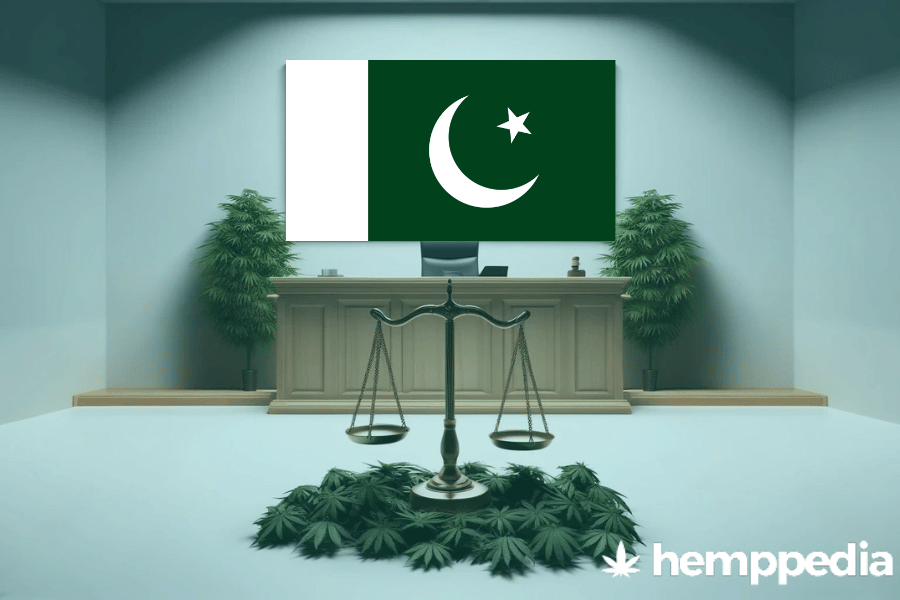TL;DR
As of 2021, the consumption, production, and sale of CBD are not legally recognized in Pakistan, thus it is illegal. This is in contrast to the trend in several nations towards acknowledging the therapeutic benefits of CBD and altering laws accordingly. The legal ambiguity lies in the difference between hemp-derived CBD and marijuana-derived CBD, with the former being more accepted universally due to its low THC content.
Key Legal Aspects:
- Usage: Illegal
- Possession: Not legally recognized
- Legal distinction from THC-containing products: None
Overview of CBD Legislation
Defining Terms
CBD, short for Cannabidiol, is one of the many compounds found within the cannabis plant. Unlike THC (Tetrahydrocannabinol), it does not have psychoactive properties – that is, does not produce the ‘high’ associated with traditional cannabis use.
Legal Landscape in Pakistan
In Pakistan, all forms of cannabis, including CBD, know no legal distinction and are hence illegal as per the Control of Narcotic Substances Act, 1997.
Regulatory Bodies
In Pakistan, the Anti Narcotics Force (ANF) is the leading agency for controlling drugs, including CBD.
Historical Context
Despite having a historical presence in Pakistan’s traditional medicine, CBD’s legal status in recent decades has been vague. The 1997 Act criminalized the possession and use of cannabis, making no exception for CBD.
Possession, Use, Cultivation, and Sales
In Pakistan, there are strict restrictions on possession, use, cultivation, and sale of all forms of cannabis, including CBD. Importing or exporting CBD is also illegal.
Enforcement and Penalties
Non-compliance with the existing laws can result in harsh penalties ranging from fines to imprisonment. It is important to note that these penalties apply even to medical use of CBD, as there are no legal protections for medical cannabis use in Pakistan.
Comparative Analysis
Pakistan’s strict laws on cannabis, including CBD, stand in contrast to a number of countries that have decriminalized or legalized CBD, particularly when derived from hemp.
Conclusion
Pakistan’s firm stance on cannabis and absence of legal recognition for CBD, even for medical use, presents a stark divergence from global trends. As the therapeutic benefits of CBD continue to be researched and recognized, the potential for legal shifts in the coming years should not be dismissed.





